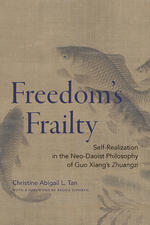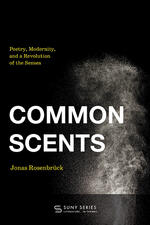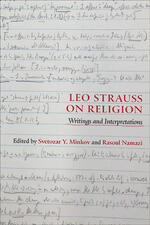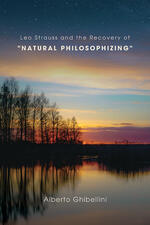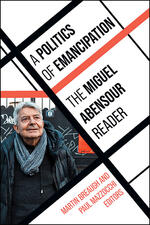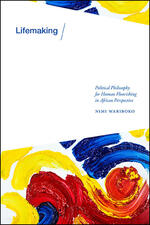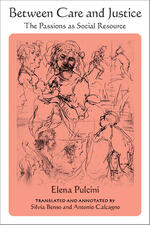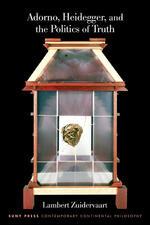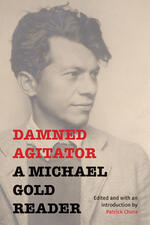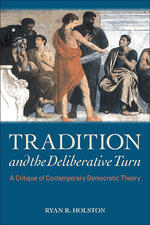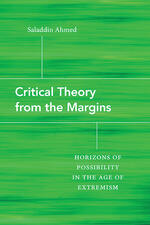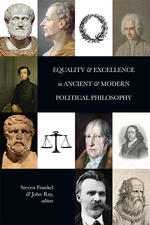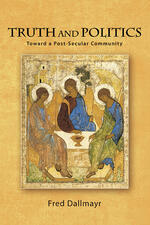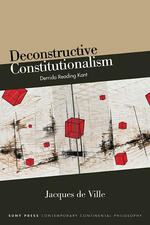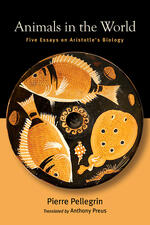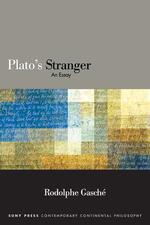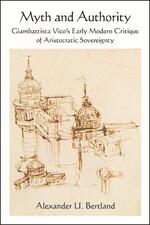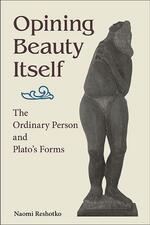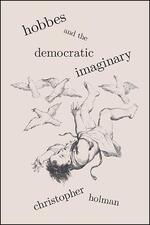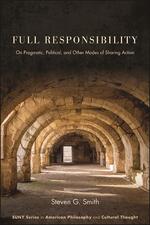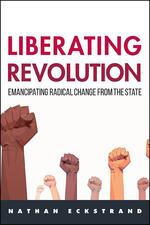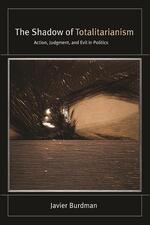Political Philosophy
Revolutionary Legacies
Thinks with a range of extraordinary Jewish women about how to live vibrant lives and resist the settler colonialism at the heart of the modern project of freedom.
Freedom's Frailty
Draws on Guo Xiang's commentary on the Zhuangzi to construct an account of freedom that is both metaphysical and political.
Common Scents
Attends to the much-neglected sense of smell in and around modern poetry to suggest the possibility of a revolution of the senses.
Leo Strauss on Religion
Intriguing unpublished manuscripts by Leo Strauss, which explore the intricate relationship between religion, philosophy, and politics, accompanied by fourteen interpretative essays.
Leisure
Intellectual history of leisure and the use of that history to grapple with its potential future.
Leo Strauss and the Recovery of "Natural Philosophizing"
Examines how Leo Strauss sought to recover the question of "nature," which he saw as inseparable from genuine philosophy since its inception in ancient Greece.
A Politics of Emancipation
A systematic overview of French Philosopher Miguel Abensour’s groundbreaking work and the two inseparable projects that govern it: a radical critique of all forms of domination and a search for a politics of emancipation.
Lifemaking
Draws on indigenous African political thought in order to construct a political philosophy that will resist and restrain necropolitics and promote human flourishing in Africa.
Between Care and Justice
Proposes a form of moral education that joins care and justice to nurture and develop the desirable moral sentiments for a more just world at the interpersonal, social, political economic, and environmental levels.
Adorno, Heidegger, and the Politics of Truth
A critical and creative reconstruction of Adorno's conception of truth that shows its relevance for contemporary philosophy, art, and politics.
Confucian Iconoclasm
Challenges deep-seated assumptions about the traditionalist nature of Confucianism by providing a new interpretation of the emergence of modern Confucianism in Republican China.
Damned Agitator
The most comprehensive collection of writings by an important twentieth-century radical writer.
Tradition and the Deliberative Turn
Reframes the discussion of deliberative democracy in a unique fashion, approaching the debate as a historical conversation.
Critical Theory from the Margins
Putting at work a negative pedagogy centered around learning from unlearning, problematizes and boldly challenges today's culturalist discourses, camouflaged racisms, and masked fascisms.
Equality and Excellence in Ancient and Modern Political Philosophy
Interpretations of critically important texts in political philosophy from Greek antiquity to modern times on the tension between human excellence and equality and its possible resolution.
Truth and Politics
Endorses the pursuit of paradigm shifts in our understandings of faith, truth, and nature to remedy the "underside" of modernity and thus to inaugurate a post-modern (but not anti-modern) and post-secular (but not anti-secular) view of the world.
Deconstructive Constitutionalism
Investigates, by way of Derrida's engagements with Kant, how the foundations of modern constitutionalism can be differently conceived to address some of the challenges of the twenty-first century.
Animals in the World
Five innovative essays demonstrating how Aristotle's biology is an integral part of Aristotle's understanding of the universe.
Plato's Stranger
Meditation on the character of the Eleatic Stranger in Plato's late dialogues, arguing that the prominent place afforded to this foreigner—the other—represents an important philosophical and political legacy regarding the way thought, and life in the community, is understood.
Myth and Authority
Argues that Giambattista Vico's early modern account of Roman mythology was a sophisticated attempt to present an epistemological and political critique of the aristocratic way of conceiving the world.
Opining Beauty Itself
Argues that Plato thinks that ordinary people grapple with the Forms and can make epistemological progress, even if they never achieve knowledge.
Hobbes and the Democratic Imaginary
A critical interrogation of elements of Hobbes's political and natural philosophy and its capacity to enrich our understanding of the nature of democratic life.
Full Responsibility
Explores the basic forms of responsibility that we willingly assume and the collaborative fulfillment that we find in each.
Liberating Revolution
Provides a novel conceptual and practical theory of revolution, engaging previous theories of revolution, contemporary continental philosophy, and systems theory.
The Shadow of Totalitarianism
Examines the relationship of evil, action, and judgment in the work of Immanuel Kant, Hannah Arendt, and Jean-François Lyotard.

